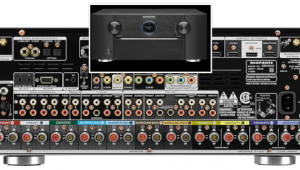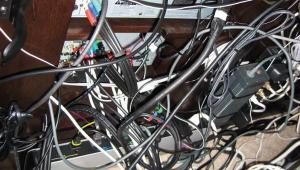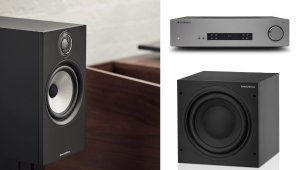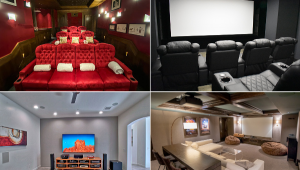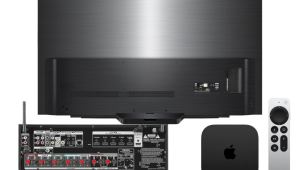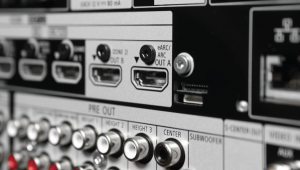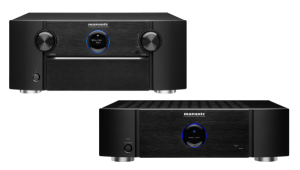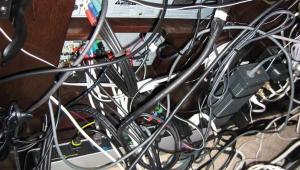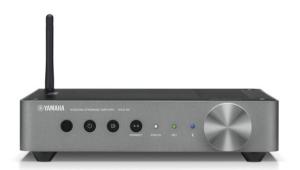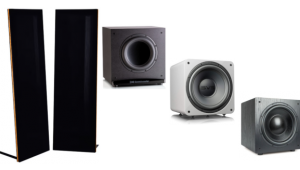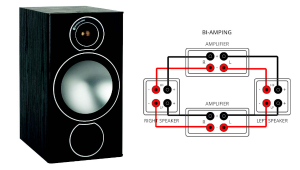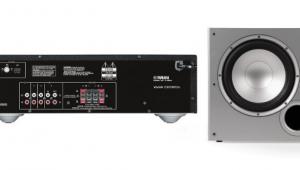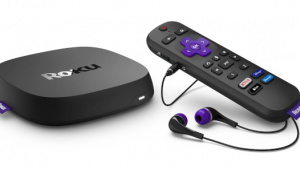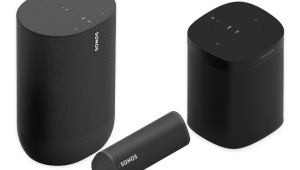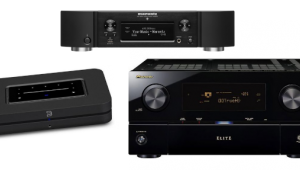How Do Older Receivers Handle Atmos Soundtracks?

Q My current setup includes an “older” 7.1-channel receiver that isn’t equipped to decode new sound formats such as Dolby Atmos. I understand that when you play an Atmos disc, older receivers are presented with a standard 5.1- or 7.1-channel version of the soundtrack for decoding. What difference, if any, is there between this default version and something like a Dolby True HD mix? My assumption is that it would be better to select a dedicated lossless mix over a backward-compatible, and presumably compressed, fallback mix. — Jason Acosta
A No, there isn’t a difference. The “fallback” 5.1 or 7.1 mix that’s sent from the Blu-ray player to a receiver over HDMI is typically a lossless Dolby True HD soundtrack, not a lesser-quality, compressed version. That’s because Atmos is delivered not as a codec, but as an extension to True HD that gets folded into the bitstream to maintain backwards compatibility with older gear. When a compatible decoder is detected, the Atmos extension will be processed. When a non-compatible decoder is detected, the extension data gets ignored and you hear just the regular 5.1 or 7.1 Dolby True HD soundtrack.
Dolby Digital Plus, a codec used by video streaming services such as Netflix and Vudu, also supports Atmos. The same process at work with True HD applies here: the Atmos extension gets folded into the DD+ bitstream, and is either decoded or ignored depending on your receiver’s capabilities. A key difference between the DD+ and True HD codecs, however, is that DD+ uses lossy compression.
DTS works in a fairly similar manner, with a standard DTS core accompanied by extensions that enable more advanced formats. So, based on your receiver’s features, a DTS:X soundtrack on a disc will be decoded as DTS:X, lossless DTS-HD Master Audio, or a standard, compressed DTS mix.
